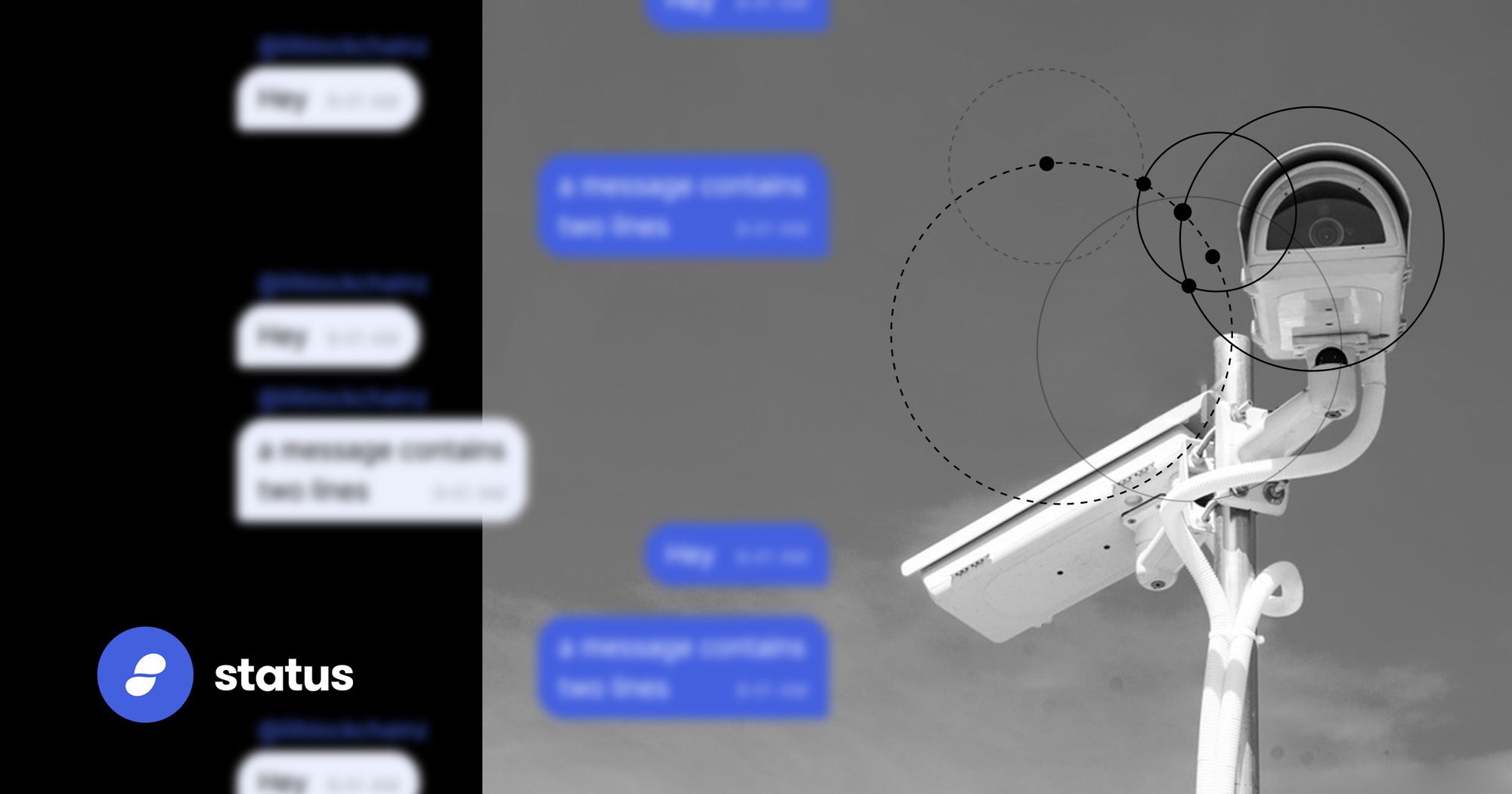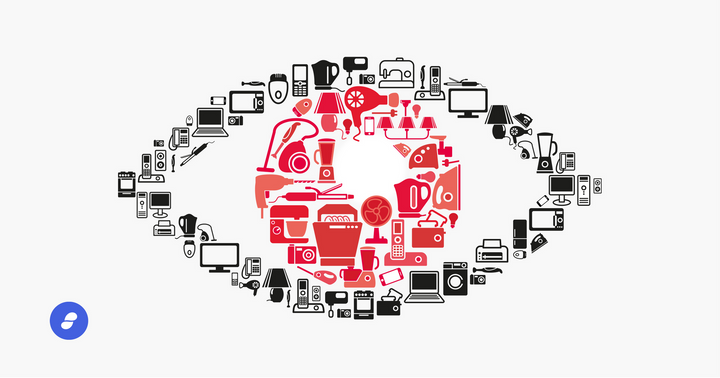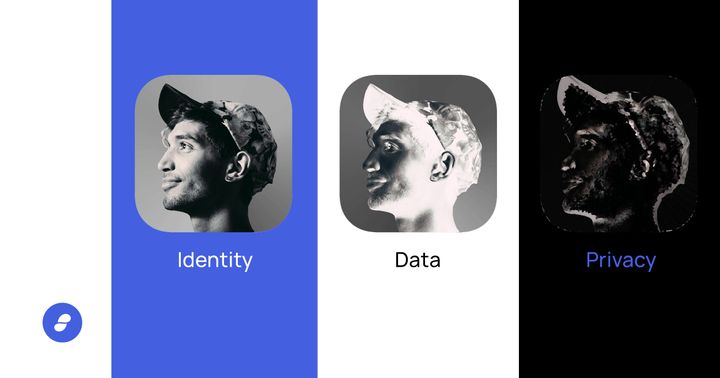Privacy is a basic human right – and one that is coming under constant attack in the modern digital age. According to the United Nations Universal Declaration of Human Rights:
“No one shall be subjected to arbitrary interference with his privacy, family, home or correspondence, nor to attacks upon his honour and reputation. Everyone has the right to the protection of the law against such interference or attacks”
Yet this basic principle is being violated for profit, surveillance, and other malicious reasons. In this series, we will explore what is causing the rise of the surveillance economy, why privacy really does matter, and what to look out for in choosing the tools that protect us best.
Three Problems Arising from The Surveillance Economy
Problem #1 - Unbalanced Financial Incentives
The rise of “Big Data” has created a massive incentive to harvest data and gather as much information about each of us – in what many call the “surveillance economy”. Our data is collected via software that is often distributed for free ($0) and sold to fuel the digital ad economy which is already over $300 billion and accounts for roughly half of the global ad market. This model is broken in that the digital products designed to provide personal, social, and convenient experiences are often times less profitable than the data they collect.
In “What web3 looks like” Gavin Wood stated:
“Entrusting our information to organisations in general is a fundamentally broken model. The chance of an organisation not meddling with our data is merely the effort required minus their expected gains”
In short, digital products and platforms make more money from the data extracted than the services provided. Companies who produce digital products and services are deeply incentivized to capture the following:
- Name, age, gender
- Phone number, email
- What we sound and look like
- Our likes and interests
- Our physical locations: Where we work, where we live, and where we go
Problem #2 - Pinpoint Online Profiles
To illustrate the point above, you can see how much data Google collects on you by downloading an archive here (be prepared….it's a lot). And keep in mind this is only one company. The stronger our reliance on some of this “free software” becomes, the more detailed these online profiles become.
The high profitability of data extraction combined with the growing digital ad economy results in shockingly accurate digital personas. Platform owners are financially motivated by advertisers to come up with novel ways of tracking our online behavior. Leveraging cookies, data location services, IoT devices, facial recognition and more, they can know us almost better than we know ourselves.
Problem #3 - Centralized Databases
The current internet infrastructure relies on the client server model. Meaning centralized servers are used to process billions of transactions and store these online profiles mentioned above. These profiles comprise petabytes of data and are all sitting in data servers somewhere.
This presents a massive problem as this information is accessible by someone, somewhere. Not only does this data fuel the $300B digital ad market, but it also becomes an attack vector for malicious actors. This has become apparent in the large data leaks of the past few years and even government agencies requesting access to personal messages and server logs.
Incentivized business models + Accurate digital profiles + Centralized Databases = Extreme lack of privacy
But I'm not hiding anything….
Some people counter the growing concern of privacy erosion by stating “Well, I'm not doing anything wrong or illegal, so I have nothing to hide.” This is exactly the type of mentality that has catapulted the digital ad market and “surveillance economy” over $300 billion.
No matter who you are or where you are from, privacy is important. Studies show that when someone knows they are being watched, they act differently, which can be seen as a loss of self expression. Simply put, surveillance (whether corporate or government) may cause people to change their behavior and become conformists. (McSweeney's issue #54: "The End of Trust.")
The idea of conformity via surveillance is well put by Glenn Greenwald in his 2014 Ted Talk:
“[By giving into surveillance] I have agreed to make myself such a harmless, unthreatening, uninteresting person, that I actually don't fear having the government know what it is that I'm doing.”
This speaks to the mission of The Status Network when we say “through privacy preserve culture”
So it is not only the bad actors hiding illicit information from governments who need privacy. It's not only whistleblowers, journalists, and activists fighting to uncover truth who need privacy. Everyone should have the right to true privacy if we are to uphold true self expression and preserve culture.
In conclusion
The current landscape of digital advertising has created an unbalanced financial incentive for organizations of all shapes and sizes to extract as much data as possible. Free software in the end is not all that “free”. This model is encouraging platforms to come up with novel, sometimes unethical ways, of collecting data which is used to create highly accurate personal profiles on each and every one of us. This data is then stored in centralized servers for access by a select few and the target of many.
This model is eroding culture as we know it. The constant surveillance can have behavioral impacts on society whether we are hiding something or not. So in the end, yes privacy does in fact matter and we should all fight to retain this basic human right.
It is the responsibility of organizations and individuals alike to safeguard our basic human right to privacy. To create privacy preserving tools and use them in everyday life.
In the coming articles, we explore what to look out for and tools to use to protect your privacy online. In the meantime, use a private messenger now and install Status on the App Store, Play StorePlaystore and via APK here
Learn more about all the features of Status including the private messenger, secure crypto wallet, and web3 browser here







